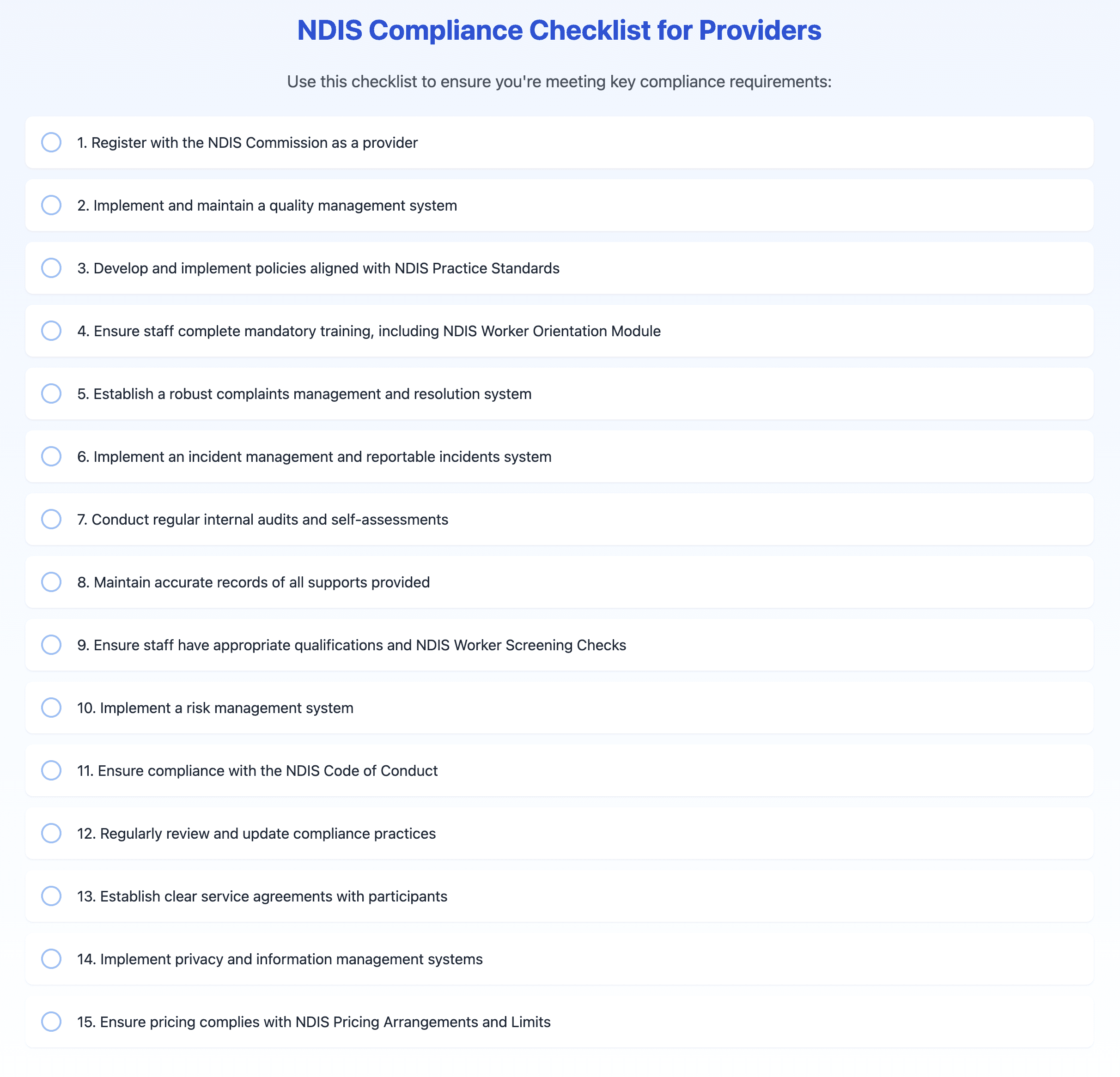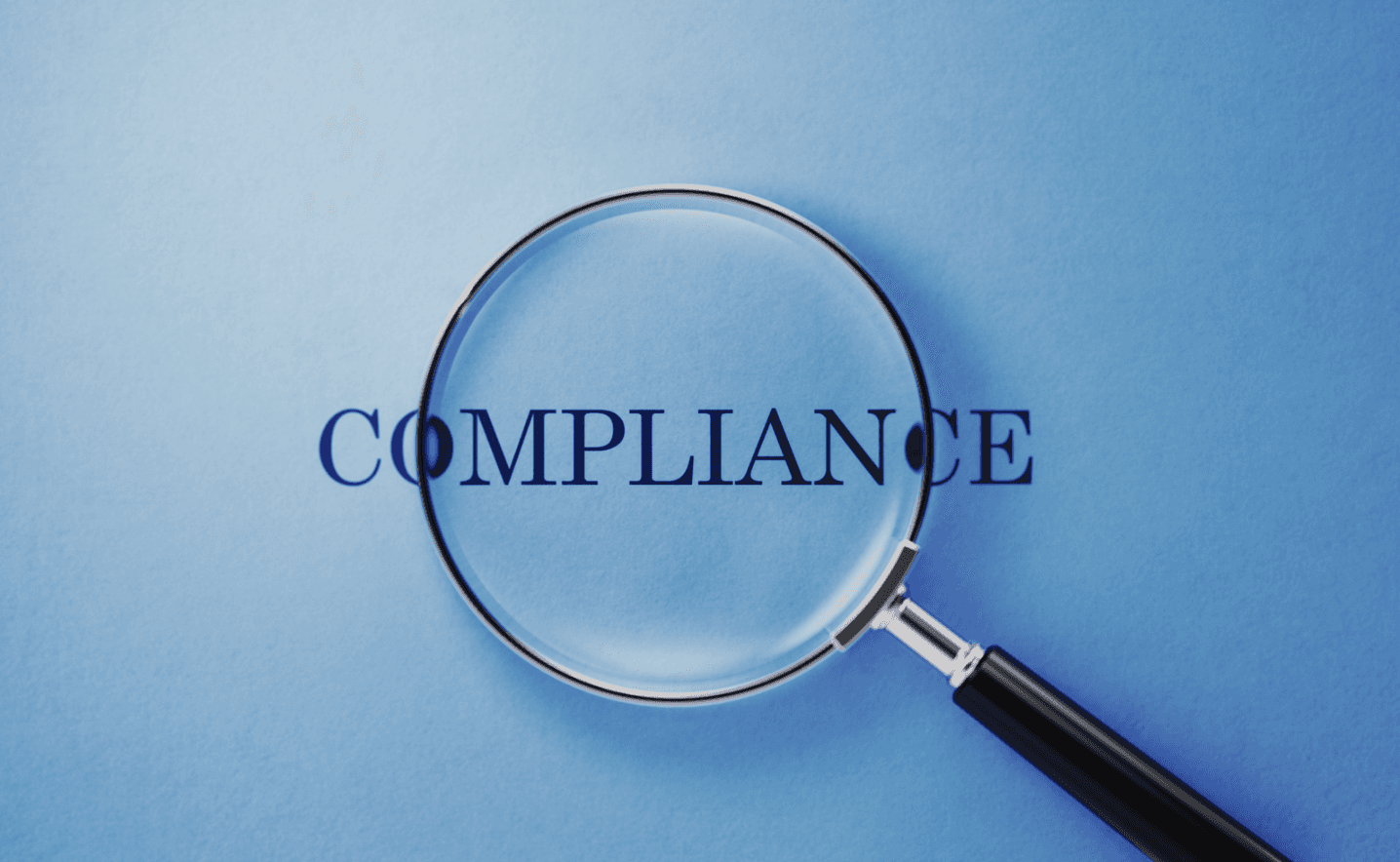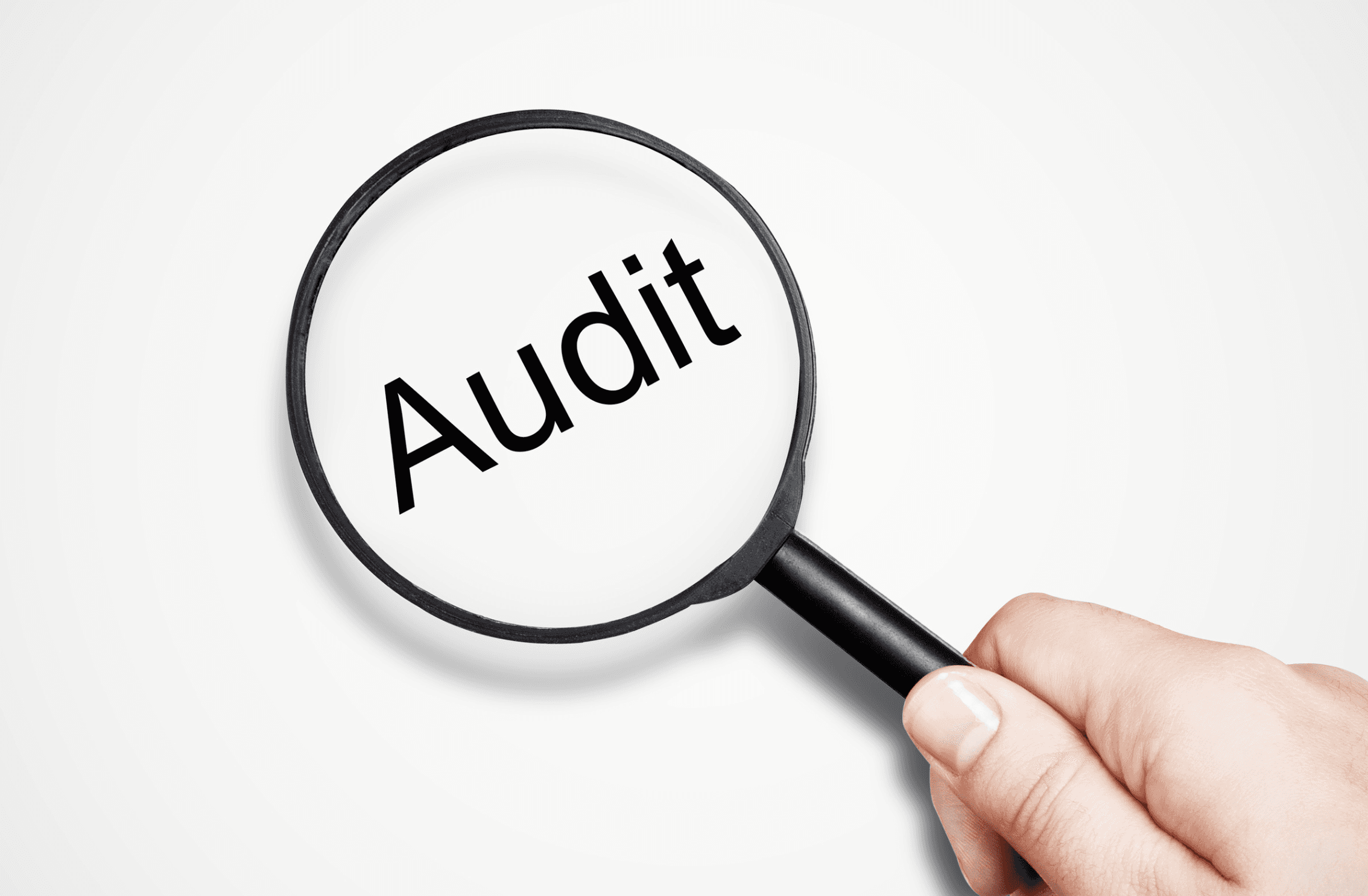Sep 24, 2024
NDIS Compliance: Essential Requirements and Best Practices for Providers
NDIS
In the ever-evolving landscape of disability support services, understanding and maintaining NDIS compliance is crucial for providers.
This comprehensive guide will help you navigate the complexities of NDIS compliance, offering practical steps and solutions to ensure your organisation meets requirements.
What is NDIS Compliance?
NDIS compliance refers to adhering to the rules, regulations, and standards set by the NDIS Quality and Safeguards Commission and the National Disability Insurance Agency (NDIA).
These guidelines ensure that providers deliver safe, high-quality services that respect the rights and choices of participants.
What Are The Compliance Requirements for NDIS Providers?
Legal Requirements for NDIS Providers
As an NDIS provider, you have specific legal responsibilities to ensure Scheme integrity:
Act in accordance with Australian Consumer Law
Charge within the price limits specified in the NDIS Pricing Arrangements and Price Limits
Declare prices to participants before delivering a service
Provide receipts to participants for their records and to verify the services delivered against their NDIS plan
Make payment requests only after support has been delivered
Submit payment requests for NDIA-managed participants within 90 days
Keep accurate records of supports delivered
Manage conflicts of interest proactively
Compliance Obligations for NDIS Providers
The six main compliance obligations for NDIS providers are:
Make correct and truthful payment claims
Provide and charge for supports in line with participant plans
Manage conflicts of interest transparently
Behave ethically in financial dealings
Avoid misleading actions for financial gain
Refrain from influencing public officers unethically
The Four NDIS Practice Standards
The NDIS Practice Standards outline the expectations for service delivery. NDIS providers must comply with these practice standards.
Let's explore each standard and how an LMS like Wyzed can help you meet them:
1. Rights and Responsibilities
This standard focuses on ensuring participants are aware of their rights and that providers respect these rights. It also outlines the responsibilities of both participants and providers in the NDIS context.
Example: Use Wyzed LMS to create and deliver NDIS training modules on participant rights and provider responsibilities.
Practical Tip: Set up quizzes and assessments to ensure their understanding.
2. Provider Governance and Operational Management
This standard covers the organisational aspects of service provision, including management structures, risk management, quality management systems, and human resource management.
Example: Utilise Wyzed LMS to manage and track staff qualifications and ongoing training requirements.
Practical tip: Set up automated reminders for license renewals and mandatory training updates.
3. Provision of Supports
This standard relates to the delivery of supports to NDIS participants. It includes requirements for access to services, support planning, service agreements, responsive support provision, and transitions to or from the provider
Example: Use our course library, or create customised training modules in Wyzed LMS for different support types, ensuring staff are competent in their specific roles.
Practical tip: Use the platform to document and track staff competencies for different support types.
4. Support Provision Environment
This standard addresses the physical environment where supports are provided. It includes requirements for safe environments, participant money and property management, and management of medication
Example: Develop and deliver training on safe work practices and risk management through Wyzed LMS.
Practical tip: Use the system to conduct and record regular safety audits and risk assessments.
The 5 Regulated Restrictive Practices
NDIS providers must be aware of and comply with regulations regarding restrictive practices. The five regulated restrictive practices are:
1. Seclusion
2. Chemical restraint
3. Mechanical restraint
4. Physical restraint
5. Environmental restraint
Providers must ensure that any use of these practices is in accordance with NDIS rules and regulations, and that they have appropriate policies and procedures in place.
Understanding Non-Compliance
Non-compliance within the NDIS framework refers to failing to adhere to the rules and regulations set by the NDIA. This can range from unintentional mistakes to serious misconduct.
Types of Non-Compliance
The NDIS identifies several categories of non-compliance, including:
- Errors or Mistakes: Unintentional oversights.
- Misuse: Using funds outside a participant's plan.
- Conflict of Interest: Undeclared competing interests.
- Dishonest or barely honest behaviour: Unethical behaviour that may not be illegal.
- Fraud: Intentional deception for personal gain.
- Corruption: Breach of public trust or bribery.
Addressing Non-Compliance
The NDIS Commission uses various compliance and enforcement tools to ensure providers meet their obligations. These may include:
Education and guidance
Monitoring and investigation
Compliance notices
Enforceable undertakings
Civil penalties
Injunctions
Revocation of registration
Understanding these potential actions can help providers prioritize compliance and mitigate risks.
For more detailed information on non-compliance, visit the NDIS website.

Note: This checklist is a general guide. Always refer to the latest NDIS guidelines and regulations for comprehensive compliance information. For more information, visit the NDIS Commission website here.
Meeting NDIS Compliance with Wyzed LMS
Wyzed's Learning Management System (LMS) is designed to simplify management and training for providers with our essential NDIS compliance features.
Here's how it can help:
Streamlined Training and Record-Keeping
Create customised training modules aligned with NDIS Practice Standards
Track employee progress and completion of mandatory training
Store and easily access training records for audit purposes
Ensure consistent training delivery across staff
Generate comprehensive compliance reports for audits
Real-Time Compliance Monitoring
Generate compliance reports at the click of a button
Identify gaps in staff training or qualifications
Receive automated reminders for expiring certifications
Flexible Learning Environment
Offer a mix of online and face-to-face training options
Create interactive content to enhance engagement and retention
Provide accessible learning materials for staff with diverse needs
Allow employees to easily access policies and procedures whilst on the job
Staying Ahead of Compliance Changes
The NDIS landscape is continually evolving.
Wyzed LMS helps you stay ahead by:
Easy course creation tools so you can easily adapt your training to the latest changes
Communication tools that easily notify staff about important compliance changes
Conduct internal audits to identify potential compliance gaps and risks
Empowering Providers Through Compliance
NDIS compliance is not just about meeting regulatory requirements; it's about empowering providers to deliver the best possible care to participants. By leveraging tools like Wyzed LMS, providers can transform compliance from a challenge into an opportunity for growth and excellence.
Remember, compliance is an ongoing journey. With the right systems and support in place, you can navigate this journey with confidence, knowing that you're not just meeting standards but setting new ones for quality care in the disability sector.
Curious about how Wyzed can streamline NDIS compliance strategy? Book a demo today and discover how Wyzed LMS can support your organisation's compliance journey.
Frequently Asked Questions (FAQ)
1) How do I become and NDIS provider?
For instructions on how to become and NDIS provider, read our blog post here.
2) What documents are needed for NDIS provider compliance?
Key documents include:
Quality management system documentation
Policies and procedures aligned with NDIS Practice Standards
Staff training records and qualifications
Incident reports and resolution documentation
Complaints register and resolution records
Risk management plans
Service agreements with participants
3) How often do NDIS providers need to undergo compliance audits?
Registered NDIS providers must undergo audits:
Certification audit: Every three years
Mid-term audit: 18 months after certification
Certification audit: For providers of lower risk supports, typically every three years
4) What are the consequences of NDIS non-compliance for providers?
Consequences may include:
Compliance notices
Enforceable undertakings
Infringement notices
Civil penalties
Variation, suspension, or revocation of registration
Banning orders
For more information on compliance and enforcement, visit the NDIS Commission's website.
5) How do I report non-compliance to NDIS?
To report non-compliance:
1. Contact the NDIS Commission directly
2. Use their online complaint form
3. Call their hotline for urgent matters
For more resources on NDIS compliance, visit the NDIS website and the NDIS Commission's provider resources.



